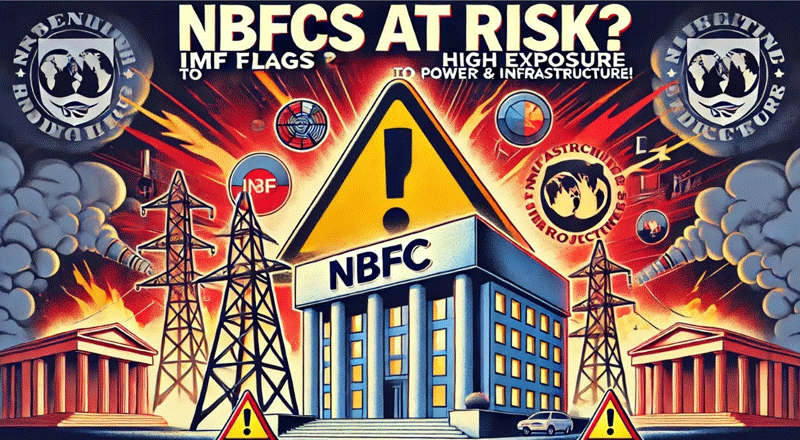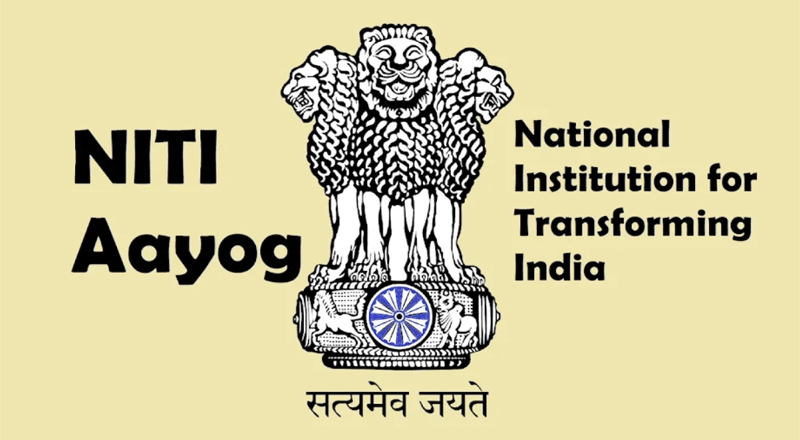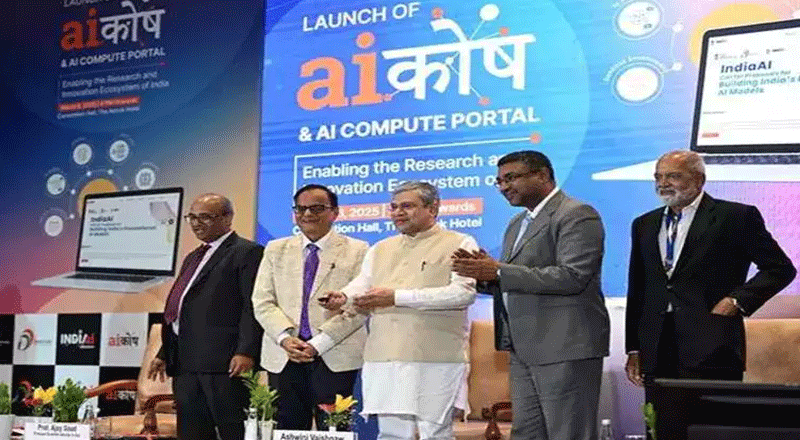The Reserve Bank of India on Friday cut interest rates by 40 basis points in a surprise move to revive an economy stalled by a two-month-long nationwide lockdown to control the coronavirus pandemic.
The central bank cut the repo rate—its main lending rate—to 4% from 4.4%, RBI governor Shaktikanta Das said in a video conference. It also lowered the reverse repo rate at which banks park their money with the RBI by 40 basis points to 3.35%.
The cut comes two months after the RBI slashed the repo rate by 90 basis points to 4.4% from 5.15% in March. Subsequently, the central bank had also reduced the reverse repo rate in April by 25 basis points to 3.75% in an attempt to push banks to start lending.
The RBI rate cut also comes just days after the government announced a Rs 20 trillion ($266 billion) economic package. Still, the markets didn’t take very well to the central bank’s attempt at trying to inject more liquidity into the system. The benchmark BSE Sensex was down by more than 1% soon after the central bank’s announcements.
This was perhaps owing to the negative economic outlook for the financial year. Das said that the country’s gross domestic product was likely to contract in 2020-21, with a likely pick-up in the second half of the financial year.
The central bank also extended a three-month moratorium on repayment of loans and interest by another three months. This effectively means that borrowers will now have the choice to put their equated monthly installments on hold for a total of six months from March, when the nationwide lockdown began. The earlier deadline for the moratorium was to expire on May 31, but has now been extended till the end of August.
To be sure, those opting for the moratorium will have to eventually cough up the compound interest due for the six-month period. However, non-payment during the period will not lead to a credit rating downgrade or impact risk classification.
The RBI governor also said that private consumption, which makes up for 60% of the country’s GDP had taken the biggest hit in the wake of the pandemic. Apart from this compression in demand, supply disruptions had also taken a toll on the economy, he said.
Apart from these measures, the RBI extended a Rs 15,000 crore, 90-day line of credit for exporters with a rollover of one year. It also rolled over a Rs 15,000 crore, 90-day refinancing facility to the Small Industries Development Bank of India for another 90 days.
The central bank hiked the group exposure limits of banks to 30% from 25% till June 30. This limit determines the maximum amount of money a bank can lend to a single business conglomerate.





